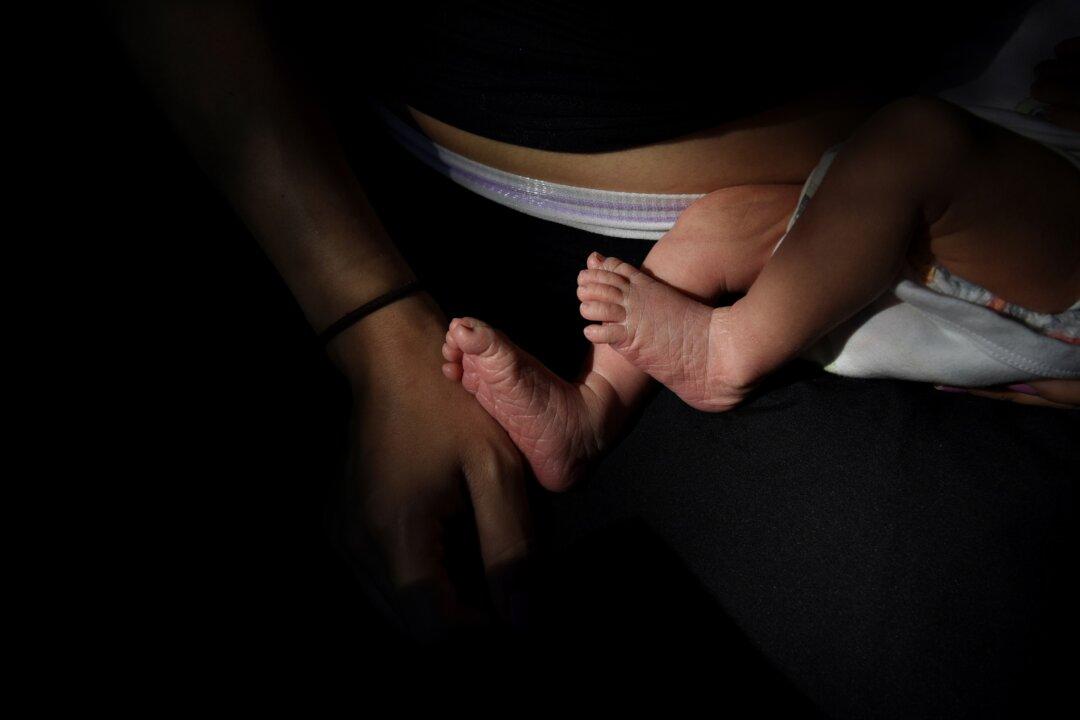A Nebraska midwife filed a civil rights lawsuit this month against her state in federal court over a law forbidding her from participating in home births.
Midwifery has been practiced since the early days of the republic when most American births took place outside of a hospital with the assistance of midwives, according to the legal complaint filed in court. At the time the Fourteenth Amendment, the basis for the new lawsuit, was enacted in 1868, midwifery was universally lawful, and women and their families had many options as to the birth process.





